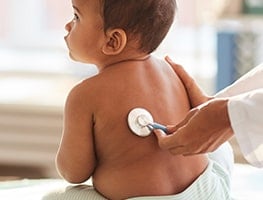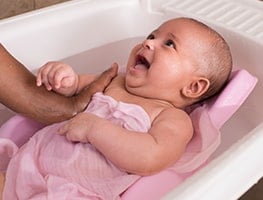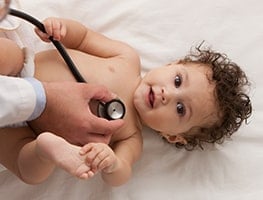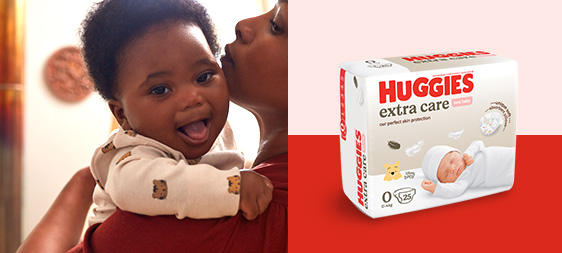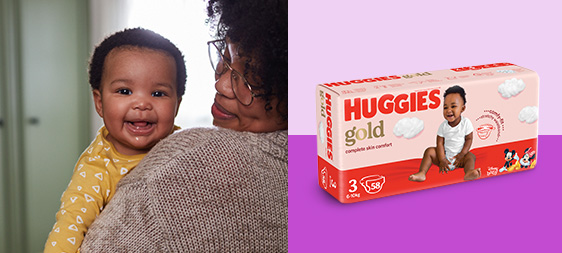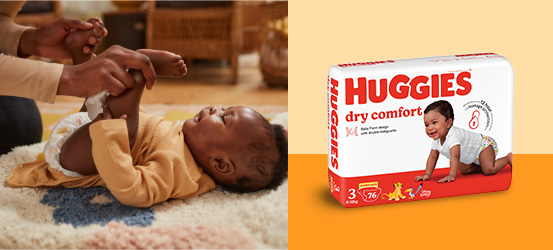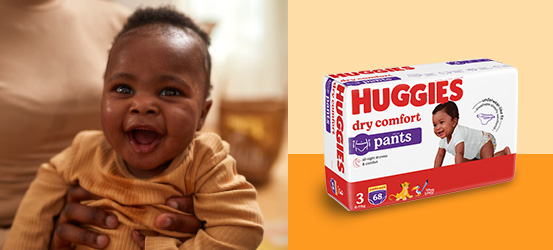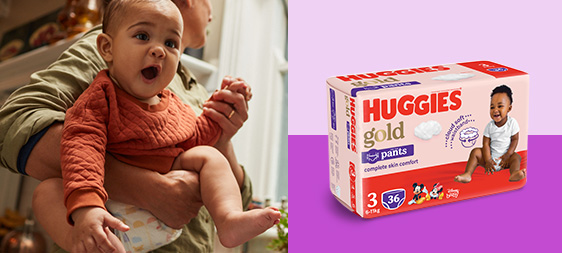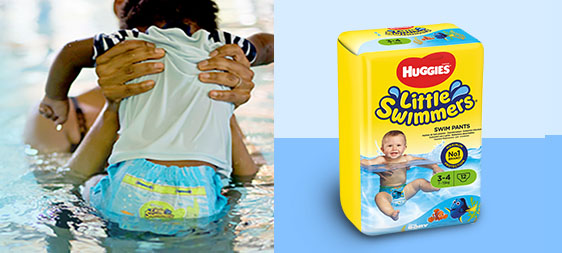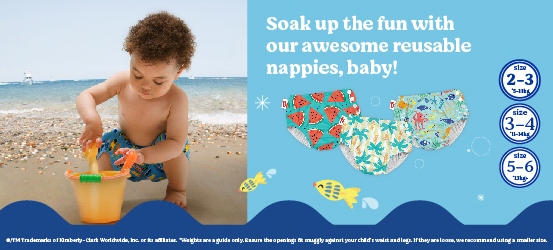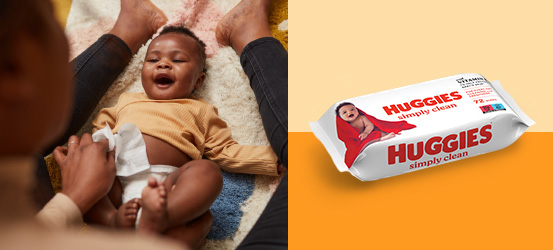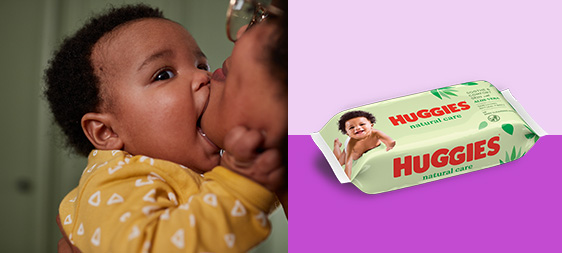Gastro-Oesophageal Reflux, commonly known as reflux, is a condition where a baby’s stomach contents are being spit up after a feed. It is quite common in babies however its severity differs from being a wet burp, burping up or spitting up. Most babies regurgitate, vomit or chuck up after a feed in the early weeks; this is due to their digestive systems being immature, it peaks by 6-7 months and usually babies outgrow it by 18 months.
Causes:
Baby’s position during or after feeding – keeping baby upright will allow gravity to help the milk stay in baby’s tummy and not move back up their oesophagus (throat)
Exposure to caffeine and/ or nicotine
Food allergy
Abnormality in the digestive tract
Overfeeding
Signs of Reflux
Common symptoms of reflux:
Baby is vomiting or spitting up excessively.
Baby has feeding problems, which could lead to poor growth.
Baby has breathing problems.
Baby appears irritable – this is because his little tummy hurts.
Gastro-Oesophageal Reflux becomes known as Gastro-Oesophageal Reflux Disease (GERD/GORD) when:
It interferes with baby’s growth and feeding
It damages their oesophagus
It leads to breathing difficulties e.g. coughing, wheezing and stopping to breathe
If you are concerned for your baby, and they display any of these more serious symptoms, you should seek immediate medical advice.
Diagnosis
Based on the symptoms that your child is presenting with, a diagnosis of reflux (GOR) can usually be made without any further investigation. However, if your child is presenting with more serious symptoms, then further tests may be required. Speak to your doctor regarding these.
It is worth noting that not all of these symptoms need to be present for a diagnosis of reflux to be made. Similarly, reflux may not be the diagnosis even if some of these signs are present. See your doctor if you suspect your baby has reflux, or if you have any concerns.
Medical Treatment
Treatment is based on a child’s age and the severity of their symptoms, which could include special positioning, frequent burping or – in severe cases – surgery.
In most cases of infant reflux no medical intervention will be required. However your doctor may diagnose GERD and recommend the use of a drug to treat the condition. You should not administer any over-the-counter preparations or drugs without the advice of your doctor, as they may not be appropriate for infants.






